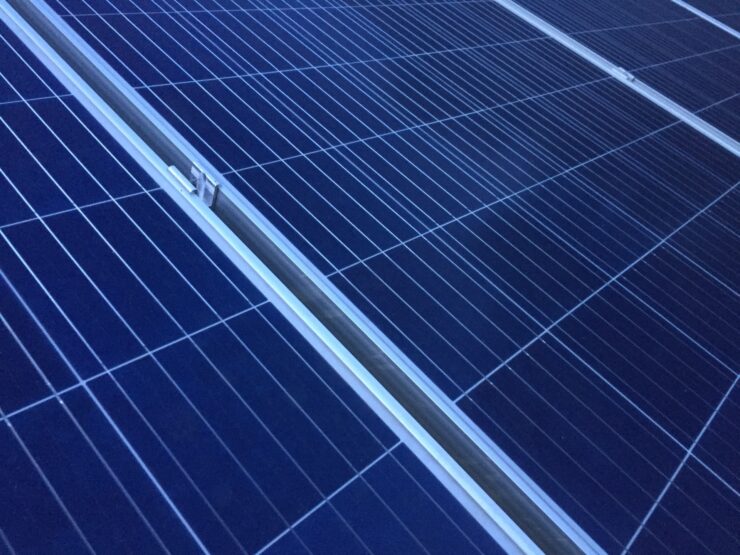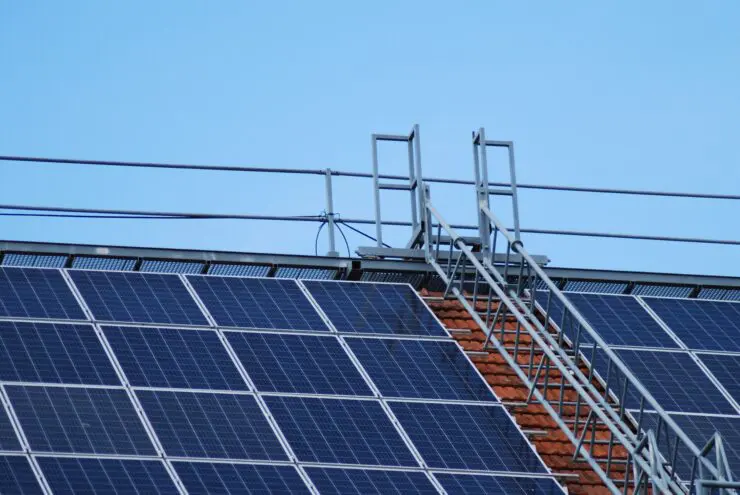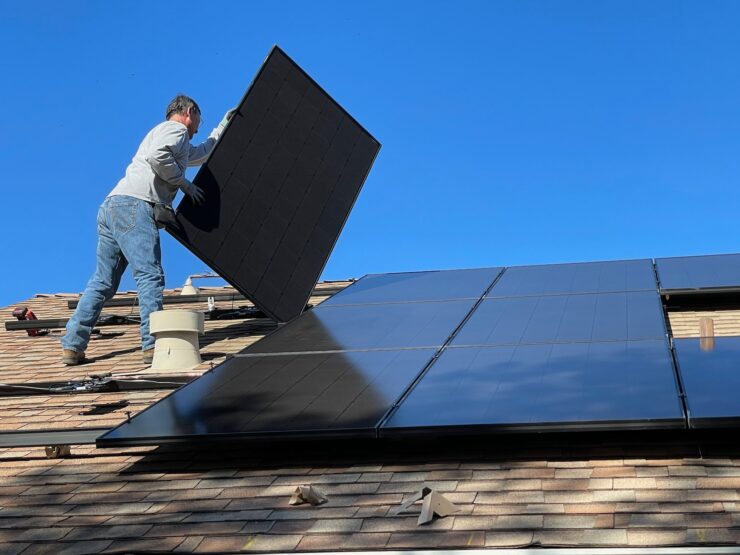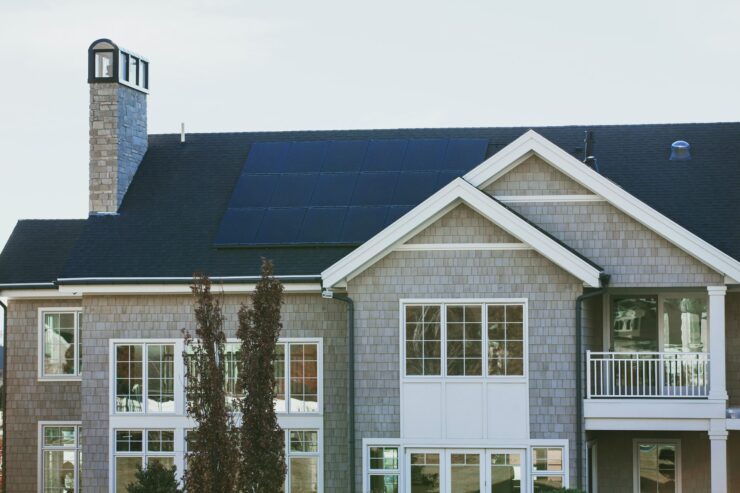In recent years the concept of green energy becomes incredibly important for people across the world. This concept refers to providing power for our planet without the need to use fossil fuels. Because the fact that awareness of the importance of green energy grows, more and more people are searching for alternative energy sources to power their homes. Solar panels are the most popular option in recent decades.
By using solar panels, people have a chance to act responsibly towards our environment and at the same time, they are getting a wide range of different benefits that they can enjoy. Primarily, they will reduce energy bills by exchanging the traditional source of heating and cooling using a natural source of energy. If you are currently thinking about whether should you make this switch, the first question that probably pops up in your head is how much solar energy is needed to power a home. Well, let’s find an answer to that question!
Page Contents
How much solar energy is needed to power a home?

If you got to the point of finally installing solar panels on your roof and you want to know how many solar panels you need to power your house, you came to the right place. In general, the most important thing that you should know is that a house with average monthly electricity consumption of 1000 kWh requires from 26 to 30 solar panels. Every solar panel has 320-watt power. However, the average monthly electricity consumption may not be the same as yours.
Therefore, you should calculate the right number of solar panels that you need in order to completely reduce your home electricity bill. So, how you can calculate the number of solar panels that your house needs? Well, first you need to divide your house’s monthly average power consumption by 120. Now, you will get the number that refers to the total kilowatt of solar panels that your house needs. Your next goal is to calculate the number of solar panels and you will achieve this by dividing the kilowatt obtained in the above calculation by the wattage of one solar panel that you want to buy. As we mentioned, the average wattage of solar panels nowadays stands at 300 watts.
If you are still a little confused by the math, let’s try the example. So, let’s say that your home consumes 1000 kWh of electricity monthly. For instance, you plan to purchase 320-watt solar panels. This means that your house’s total solar requirement is going to be calculated in this way: 1000 kWh / 120 kWh = 8.3 kW which refers to solar panels. This means that you are going to need exactly 26 solar panels for your house.
If you want to find the average monthly power consumption of your house, you just need to see your latest monthly electricity bill. In that document, you are going to find the last 12 months’ power consumption. You will just need to divide the total data by 12 to get your house’s average monthly power consumption. Now, you are ready to buy the exact number of solar panels that you need for your home. We found high-quality solar panels that you can check out here.
Advantages of using solar panels
For all those who are wondering what exact benefits they can get from switching to solar panels, we prepared a list that will help you decide whether or not you should decide on them.
Solar energy will reduce your electricity bill

The crucial reason why people are deciding on using solar panels nowadays refers to the fact that they will reduce electricity bills completely. From the moment the solar panels are installed on the roof of the house, they will start generating electricity and lower the total power bill. Finally, they will reduce the electricity cost completely.
Solar energy is also reducing your carbon footprint
Another great advantage of using solar energy is linked to providing big environmental change. More precisely, solar panels are reducing your carbon footprint. This is because they can produce clean, renewable energy. In the case of using electricity, you will use fossil fuels that are harming our planet and our overall environment.
They are way better for the environment

From the moment you install your solar panels, they will start generating clean and renewable energy for your home, as we mentioned above. The installation of solar systems will reduce greenhouse gas emissions by over 250 tonnes in the lifetime. Additionally, solar panels are reducing air pollution which means that we are going to have better air quality. Logically, better air quality will lead to better public health.
Believe it or not, solar energy will add value to your home
Many people do not even think about this, but solar panels can add great value to your home. This can be a significant advantage in the long term. Once you paid for solar panels, they will start delivering environmental benefits for our planet for many years. Lifetime savings can go over $50,000. In case you ever decide to sell your house, the installed solar panels will make it way more valuable than it is.
Solar power is a form of renewable energy
The term renewable energy is generally very important because using solar power means that it will never run out. Therefore, as long we are having the sun in the sky, there is absolutely no risk of the planet running out of solar power.
Solar panels require little maintenance

Another great advantage of installing solar systems in your house is that they will require minimal maintenance. In fact, you should know that solar panels do not need to be cleaned. The only thing that is linked to their maintenance is that the inverter may need to be replaced after 15 years. However, this is the only additional cost you can come across while having solar panels on your house.
Solar panels last incredibly long
Finally, the advantage that we could not mention refers to the fact of how long the lifespan of the solar panels is. Believe it or not, your solar panels will last for 25 years and more. This is incredible in the terms of saving since you will save a lot in long term.

